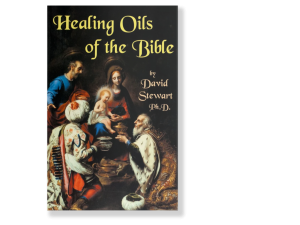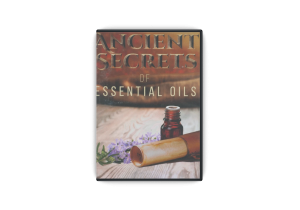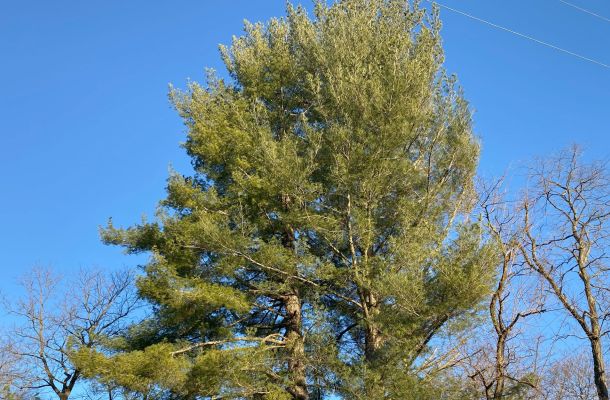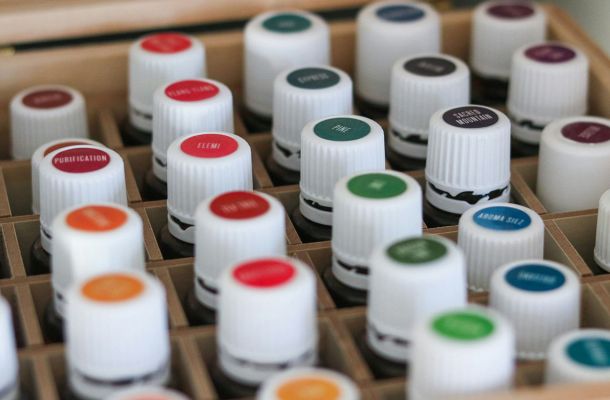How to Become a Registered Aromatherapist – Volume 1, Number 4
Please feel free to share this newsletter!
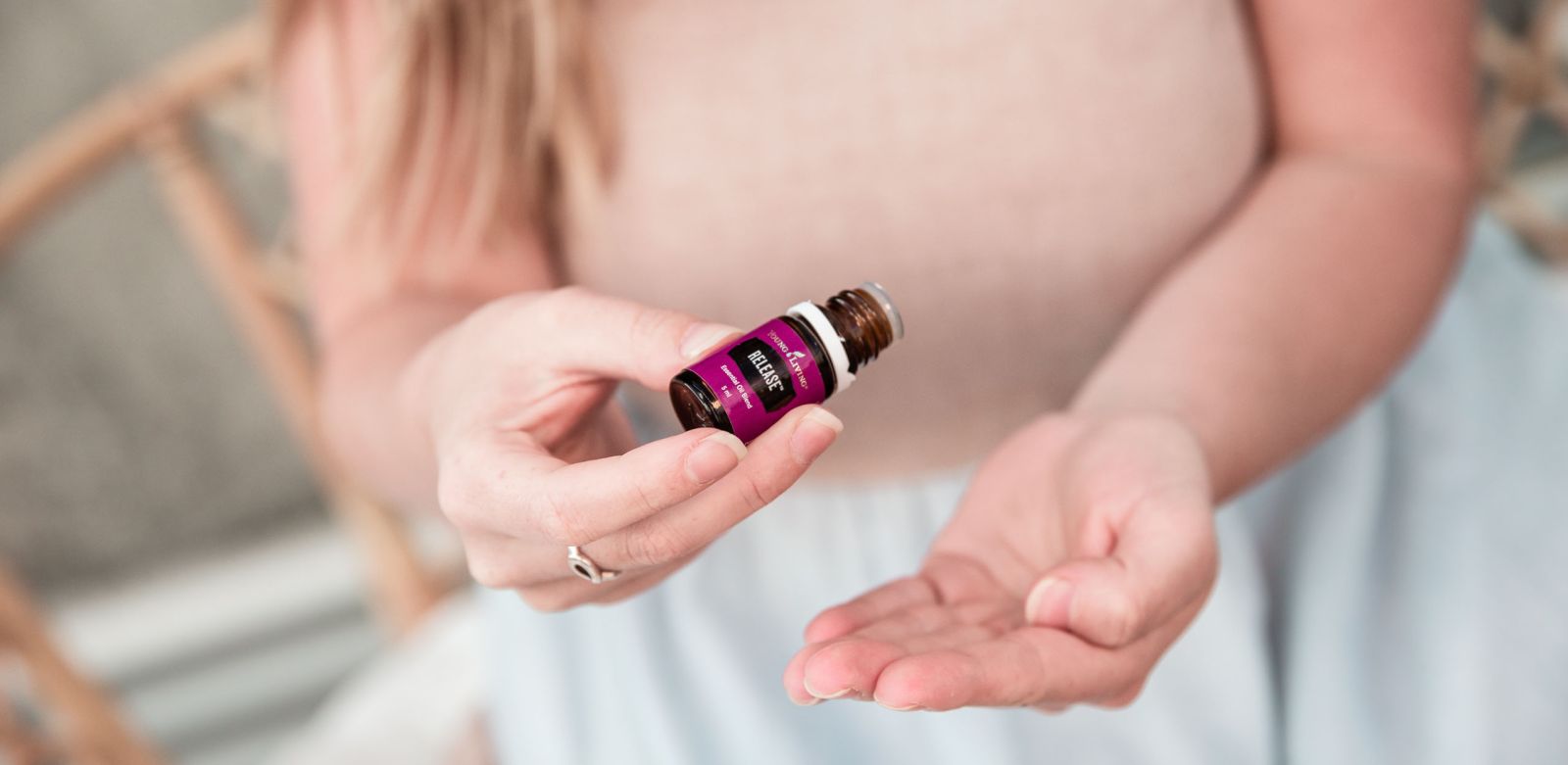
Raindrop Messenger
Official Newsletter of CARE
The Center for Aromatherapy Research and Education
12923 BCR 800, Marble Hill, Missouri USA 63764
(573) 238-4846
NOTE: The information in this newsletter is intended for education purposes only. It is not provided in order to diagnose, prescribe, or treat any disease, illness, or injured condition of the body or mind. Anyone suffering from any disease, illness, or injury should consult with a physician or other appropriate licensed health care professional.
How to Become a Registered Aromatherapist
By David Stewart, Ph.D., R.A.
Originally Posted April 2003
At this time, no state of the U.S. or province of Canada issues licenses for the practice of aromatherapy or considers it to be a profession to be regulated. This leaves the way open for every- one to use essential oils relatively unrestricted by law.
In my opinion this is the way it should be. Essential oils are gifts from God created for everyone and their usage should remain a matter of choice on the part of individuals, not a practice to be restricted or dictated by government.
Many of those skilled in the art and science of aromatherapy would like to have a credential recognized throughout North America. While there are a number of aromatherapy schools in the U.S. and Canada that offer certificates and/or certification in aromatherapy, most of these are of the British school.
The so called “British” philosophy on using essential oils is incompatible with what we have learned from the classes and literature of Dr. Gary Young and of Young Living Essential Oils (YLEO). The British school also contradicts what we know to be true by direct experience in the use of pure, therapeutic grade oils such as those available from YLEO.
This is because in England, aromatherapy comes from the perfume industry where synthetic, adulterated, and refined essential oils are the rule and where truly pure therapeutic grade oils are not generally available. Fragrace grade oils are standardized and manipulated to fit industry criteria which reduces or destroys their healing capa- bilities and, in many cases, makes them toxic unless diluted with a massage base oil.
For example, the British school forbids the use of any essential oil neat (with the exception of melaleuca (tea tree) oil for athlete’s foot). “Neat” is the application of an essential oil orally or directly to the skin undiluted. In the writings of British authorities as Balacs, Watts, Tisserand, and/or Tiran you will find warnings about the use of concentrated, pure essential oils that would prohibit most of what we do quite safely in North America on a regular basis using YLEO oils(which are not easily available in England).
For example, in Teran’s British book, “Clinical Aromatherapy for Pregnancy and Childbirth,” she lists the following oils as being “Hazardous oils contraindicated in aromatherapy.” She includes Basil, Birch, Calamus, Cassia, Cinnamon bark, Clove, Fennel, Oragano, Pine, Savory, Tansy, Thuja, and Wintergreen on her list of oils never to be used in aromatherapy, and she is not just referring to usage during pregnancy, but usage for anyone at any time.
Such a prohibition would effectively eliminate the practice of Raindrop Technique. And as a matter of fact, most British aromatherapists, as well as those trained in American schools that espouse the British philosophy, consider Raindrop Technique to be dangerous and unprofessional. Many of these misinformed aromatherapists are actively seeking to legally ban Raindrop Technique from American practice. Thus are the fallacies of British aromatherapy, which is why one needs to be cautious in choosing an aromatherapy school for training and credentialling.
There is a way that users of essential oils can obtain a recognized and respected credential without taking a course of instruction tainted by British thinking. That is by taking and passing the Aromatherapy Exam through the Aromatherapy Registration Council (ARC). Passing the exam makes you a “Registered Aromatherapist,” a title respected by both British and non-British practitioners of the art and science of aromatherapy.
Registered Aromatherapists can legally put “R.A.” after their names and are recognized as professionals by the National Association of Holistic Aromatherapists (NAHA). At this time there are fewer than 100 registered aromatherpists in North America.
All the information to become registered can be found by visiting the Aromatherapy Registration Council’s web site at www.AromatherapyCouncil.org. You may also call them at (212) 356-0660. They will provide you a list of recommended references to study, a complete outline of the content of the test, and some sample questions.
The test is administered in specific locations only three or four times a year. It is completely multiple choice and you are given four hours to complete it. Jacqui Close, CCI, RA, and I took the exam at the same time at a St. Louis, Missouri, location. We both completed it in only 2.5 hours and we both passed easily. But we did study considerably in preparation, reading almost all of the suggested references given by ARC. You must memorize the Latin names of all the oils inasmuch as the common names are not used anywhere in the exam. There are a number of questions on the chemistry of the oils, but if you have taken CARE’s Chemistry Classes, you would have all the chemistry to pass the exam.
The thing you have to realize is that the test has largely been made up by aromatherapists of the British school. Hence, you will need to know the politically correct answers according to British thinking in order to get counted as right (which may contradict what you know from experience). If you study the ARC recommended references, you will have a good background in the British school and will be able to understand the differences between what most of us do with YLEO oils (which is actually the French school of aromatherapy). In the French school only therapeutic grade oils are used, which can be safely inhaled, applied neat to the skin, and taken orally.
The cost of the exam is currently $275. If you don’t pass, you have can try again as many times as you wish, paying the fee again each time. Actually, it is an easy and inexpensive way to gain professional recognition. Many aromatherapy schools charge upwards from $1000 to $2000 to complete their courses of instruction to become certified and may require a year or more of training. The ARC route is not hard if you do your homework according to their recommendations. It is also something you can do in a relatively short time, like a few months studying part time.
Once achieved, ARC Registration is good for five years. Good luck. You can do it. I say, “Go for it!
THE BEST WORKSHOP I HAVE ATTENDED TO DATE
A week after the CARE Intensive, April 4-6, in Saddlebrook, NJ, one participant had this to say.
“I am still pumped up from my fabulous weekend with you folks! This is the best workshop I have attended to date. The tremendous amount of hands-on helped my technique. The weekend really boosted my confidence. David Stewart is genuine and passionate with a sincere drive to impart his knowledge and experience with oils. I am still feeling so much joy! I thank you both again (David and Lee) for being so giving of yourselves. Your pure intentions truly set the tone for a fulfilling weekend.”
Maria Malic, Budd Lake, New Jersey
THE RAINDROP MESSENGER
Official Newsletter of CARE
The Center for Aromatherapy Research and Education
12923 BCR 800, Marble Hill, Missouri USA 63764
(573) 238-4846
NOTE: The information in this newsletter is intended for education purposes only. It is not provided in order to diagnose, prescribe, or treat any disease, illness, or injured condition of the body or mind. Anyone suffering from any disease, illness, or injury should consult with a physician or other appropriate licensed health care professional.
The Care Calendar
Topics covered in the Raindrop Messenger:
- 10 Reasons to Learn Raindrop
- 3 1/2 Day Intensive
- 3 Day Intensive
- Acid Reflux
- Advanced Chemistry of Essential Oils
- Advanced Emotional Release
- AFNOR
- Allergy Season
- Allopathy
- ALOES/SANDALWOOD
- and Emotional Release
- Annual CCI Summit
- Anointing
- Anointing with Oil & Laying on of Hands
- Applied Vitaflex
- Aroma Life
- Aromatherapist
- Aromatherapy
- Aromatherapy Certification
- Arthritis
- Believer
- BIBLE OILS
- Biblical Oils
- Birch Oil
- Black Widow
- Blue Chamomile
- Blue Spruce
- Body Systems
- cancer
- CARE Chemistry
- CARE Classes
- CARE Instructors
- CARE INTENSIVES
- CARE Seminars
- CARE training
- Carvacrol
- CCI Certification
- CCI Summit
- CCI Summit 2024
- CEDARWOOD
- Center for Aromatherapy Research and Education
- Chakras
- Charging for Raindrop
- Chemistry
- Chemistry 1&2
- Chemistry of Essential Oils
- Chemistry of Essential Oils Made Simple
- Chemotypes
- cleanses
- Clover
- Connection
- Continuing Education Credit
- CYPRESS
- Dangers Of Prescription Drugs
- Detoxifiers
- Developing Gratitude
- DI GIZE
- DIAMOND
- Do All You Can
- Earthquakes
- Education
- Elderberry
- ELECTROMAGNETIC FIELD
- EM FIELD
- Emotional Release
- Emotional Release with Oils
- Energize
- ENZYMES
- Essential Oils
- ESSENTIAL OILS FOR INTUITIVE PURPOSES
- Essiac tea
- Exodus Supplement
- Feelings Kit
- Flu
- Focus
- Frankincense
- FREQUENCES
- GALBANUM
- Garlic
- Gary Young
- German Chamomile
- Ginger
- Goals
- god's love
- Gold Frankincense Myrrh
- Grand Fir
- Grapefruit
- Growth
- Habits
- Harmonies Melodies & Symphonies with Essential Oils
- Heal Your Body
- Healing
- Healing Oils Of The Bible
- Helichrysum
- HERXING
- History of Anointing Oils
- Holy Anointing Oil
- Holy Incense
- Homeopathy
- Homeostatic Intelligence
- HYSSOP
- IASP
- Institute for Energy Wellness Studies
- Integrated Aromatic Science Practitioner
- Joy
- Juniper
- laughter
- Lavender
- Lee Stewart
- Legal
- lemongrass
- linen
- Liver
- Look Ahead.
- Love
- Lyme Disease
- Mind-Body Connection
- Mint
- Myrrh
- Myrtle Oil
- NAT
- Natural
- Natural Molecules
- Neuro-Auricular Technique
- never give up
- new age
- Ningxia
- Ningxia Red
- Non-Nutritive
- Nova Vita
- Ocotea Oil
- Onycha
- ORAC SCALE
- Oregano
- Oregano oil
- Overcoming Diabetes
- patchouly
- Peruvian Chocolate
- Pest Control
- pheromones
- phosphoric acid
- Photoxicity
- Pine
- POO-ROMATHERAPY
- Practitioner
- Preparation
- Protocel
- Pure Therapeutic Grade Essential Oil
- Quantum Physics
- Raindrop
- Raindrop and Vitaflex Techniques
- Raindrop certification
- Raindrop instructors
- Raindrop Technique
- Raindrop Technique Training
- Raindrop Training
- Raindrop Without a License
- RC Blend
- Relationship
- ringing in the ears
- Rose Essential Oil
- ROSE OF SHARON/CISTUS
- Rose Oil
- Safe Insect Repellants
- scar-b-gone
- Science Of Essential Oils Made Simple
- Sensitivities to Essential Oils
- sick building syndrome
- SPIKENARD
- Stay Positive
- staying healthy
- Success
- Supervisor Training
- Synthetic Compounds
- tansy
- Tea Tree
- The Blood Brain Barrier
- the Ecuador Clinic
- THE FIRST IMPRESSION TECHNIQUE
- the Mind-Body Connection
- THE PRAYER OF JABEZ
- The Quantum Connection
- THE SLEEP TECHNIQUE
- Therapeutic Grade
- Thieves Household Cleaner
- Thieves Oil
- Thyme
- Thyme Oil
- Tinnitus
- Transformation
- Transformation Oil Blend
- Twelve Questions to Ask Those Who Invite You to Join Another Company
- unresolved emotions
- valor blend
- Vita Flex
- Vitaflex
- Vitaflex and Raindrop
- water
- Wealth and Spirituality
- Wintergreen
- Wolfberries
- Ylang Ylang
- YLEO
- Young Living business
- Young Living Essential Oils
- Young Living Oils and Products
